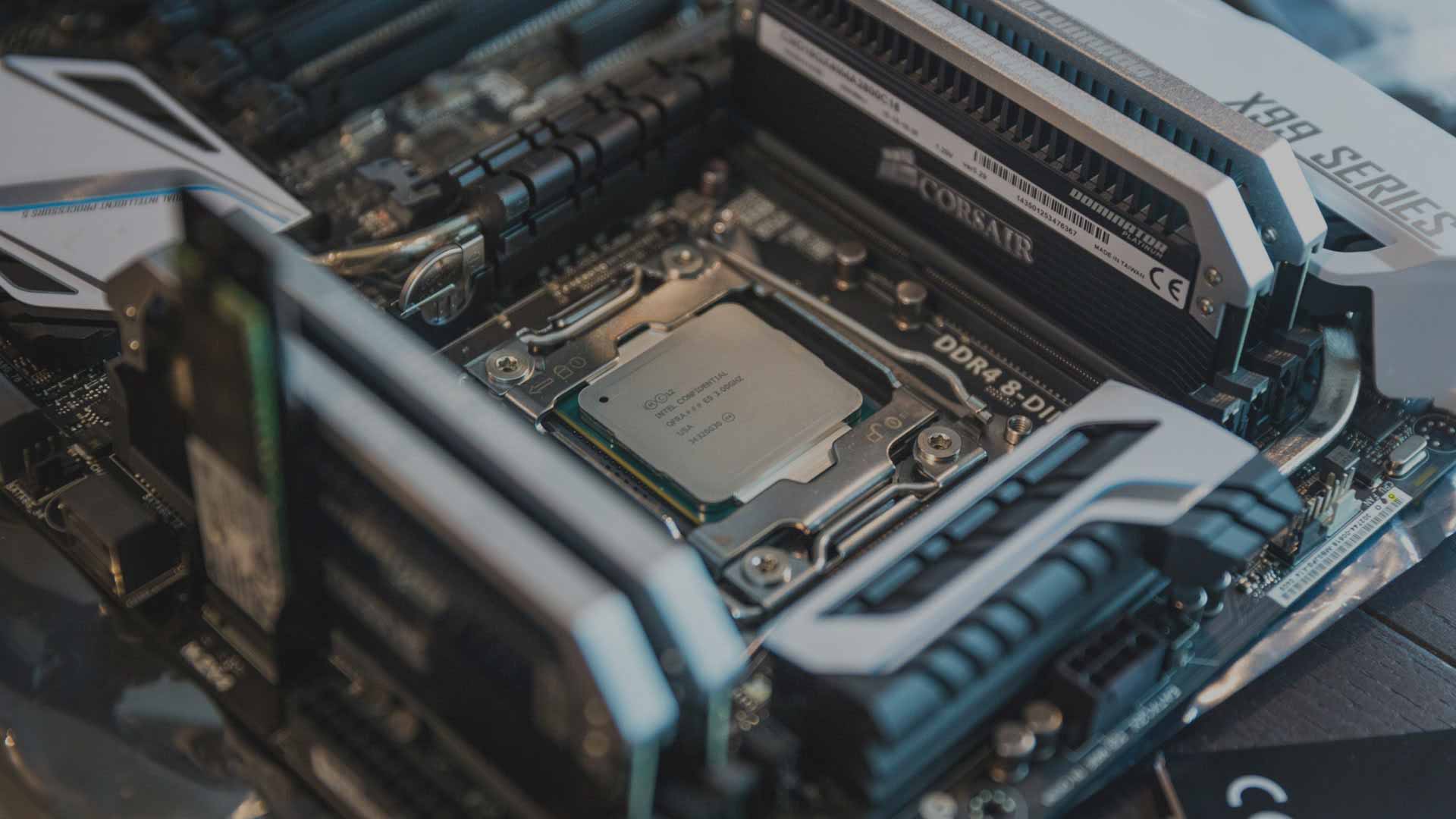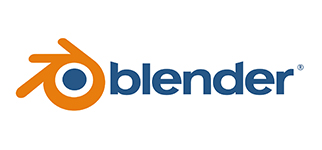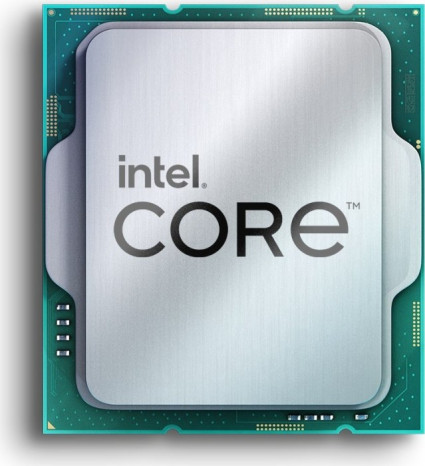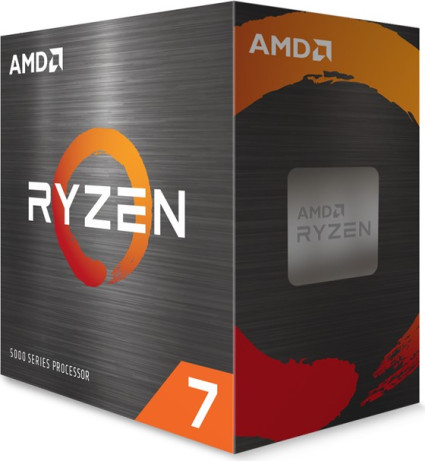
Intel Core i5-13400 (C0) vs. AMD Ryzen 7 5700X
In diesem Vergleich von Intel Core i5-13400 (C0) versus AMD Ryzen 7 5700X vergleichen wir die technischen Daten der beiden CPUs. Welcher Prozessor ist schneller? Hier gibt es FPS & Benchmarks in Gaming und Anwendungen.
Hinweis: Unsere Links sind Affiliate Links. Wir erhalten beim Kauf eine kleine Provision, ohne dass sich euer Preis erhöht.

Allgemeine Informationen
| Günstigster Preis |
|
|
| Serie | Intel Core i-13000 | Ryzen 5000 |
| Chip-Architektur | Golden Cove (P-Core) + Gracemont (E-Core) | Zen 3 |
| Codename | Raptor Lake-S | Vermeer |
| Produktname | Intel Core i5-13400 (C0) | AMD Ryzen 7 5700X |
Spezifikationen
Die Anzahl der Rechenkerne, die maximale Taktrate und die Größe des Cache können sich auf die Leistung in Spielen und Anwendungen auswirken. Mit 10 Kernen bietet der Intel Core i5-13400 (C0) deutlich mehr Kerne als der AMD Ryzen 7 5700X mit 8 Rechenkernen. Der maximale Takt liegt beim Intel Core i5-13400 (C0) mit 4.60 GHz identisch zum AMD Ryzen 7 5700X mit 4.60 GHz. Der Cache ist beim Intel Core i5-13400 (C0) mit 9.5 MB L2-Cache + 20 MB L3-Cache zu 4 MB L2-Cache + 32 MB L3-Cache deutlich kleiner als beim AMD Ryzen 7 5700X.
| Kerne (Gesamt) | 10 | 8 |
| Threads | 16 (12+4) | 16 |
| Anzahl P-Cores | 6C | 8C |
| Anzahl E-Cores | 4c | - |
| Basis-Takt | 2.50 GHz | 3.40 GHz |
| Takt P-Cores | 2.50 GHz | 3.40 GHz |
| Takt E-Cores | 1.80 GHz | - |
| Turbo-Takt | 4.60 GHz | 4.60 GHz |
| Turbo P-Cores | 4.60 GHz | 4.60 GHz |
| Turbo E-Cores | 3.30 GHz | - |
| Gesamter L2-Cache | 9.5 MB | 4 MB |
| Gesamter L3-Cache | 20 MB | 32 MB |
| Fertigung | Intel 7 | TSMC 7 nm (CPU), GF 12 nm (I/O) |
| Rechenleistung | - | - |
| Leistungsaufnahme (TDP) | 65W (Processor Base Power) 154W (Maximum Turbo Power) |
65W |
Mainboard-Kompatibilität
Während der Intel Core i5-13400 (C0) den Intel 1700 Sockel nutzt, ist der AMD Ryzen 7 5700X mit Mainboards für den Sockel AMD AM4 kompatibel. Die genaue Chipsatz-Eignung und die unterstützten PCIe-Lanes können Sie der Tabelle entnehmen.
| Sockel | Intel 1700 | AMD AM4 |
| Chipsatz-Eignung | B660, B760, H610, H610E, H670, H770, Q670, Q670E, R680E, W680, Z690, Z790 | A520, B550, X300 (AM4), X570 (modellabhängig: A320, B350, B450, X370, X470) |
| PCIe-3.0-Lanes | - | - |
| PCIe-4.0-Lanes | 4x | 24x |
| PCIe-5.0-Lanes | 16x | - |
RAM-Kompatibilität
Während Sie beim Intel Core i5-13400 (C0) bis zu 192 GB vom Typ DDR4/DDR5 im Dual Channel verbauen können, unterstützt der AMD Ryzen 7 5700X bis zu 128 GB DDR4 Arbeitsspeicher.
| Speicher-Controller | DDR4/DDR5 | DDR4 |
| Anzahl Speicherkanäle | Dual Channel | Dual Channel |
| max. Speichermenge | 192 GB | 128 GB |
| ECC-Unterstützung | - | ✓ |
Grafik
| iGPU | ✓ | - |
| iGPU-Modell | Intel UHD Graphics 730 | - |
| iGPU-Takt | 0,30-1,55GHz | - |
| iGPU-Einheiten | 1.5Xe/24EU/192SP | - |
| iGPU-Rechenleistung | 0.61 TFLOPS (FP32) | - |
| iGPU-Architektur | Xe-LP / Gen 12.2, Codename "Raptor Lake GT1" | - |
| iGPU-Interface | DP 1.4a (7680x4320@60Hz), eDP 1.4b (5120x3200@120Hz), HDMI 2.1 (4096x2160@60Hz) | - |
| iGPU-Funktionen | 4x Display Support, 1x Codec Engine / Video Decode Box, Intel Clear Video HD, Intel Quick Sync Video, AV1 decode, H.265 encode/decode, VP9 encode/decode, HDCP 2.3, DirectX 12, OpenGL 4.5, OpenCL 3.0, Vulkan 1.0 | - |
Sonstiges
| Freier Multiplikator | - | ✓ |
| Stepping | B0/C0, Spec Code: SRMBF/SRMBP | VMR-B2 |
| Heatspreader-Kontaktmittel | Metall/verlötet | Metall/verlötet |
| Temparatur max. | 100°C (Tjunction) | 90°C (Tjmax) |
| Fernwartung | - | - |
| Einführung | 2023/Q1 (3.1.2023) | 2022/Q2 (4.4.2022) |
| Herstellergarantie | 3 Jahre bei Intel® Tray-Prozessoren beginnend mit den Desktop-Modellen der 12. Generation (Info DE/Info EN) | 3 Jahre bei AMD® Boxed-Prozessoren (Info EN) |
CPU-Funktionen
| AES-NI | ✓ | ✓ |
| AVX | ✓ | ✓ |
| AVX2 | ✓ | ✓ |
| Boot Guard | ✓ | - |
| CET | ✓ | - |
| DL Boost | ✓ | - |
| EIST | ✓ | - |
| GNA 3.0 | ✓ | - |
| Idle States | ✓ | - |
| Instruction Set | ✓ | - |
| ISM | ✓ | - |
| MBEC | ✓ | - |
| Optane Memory Support | - | - |
| OS Guard | ✓ | - |
| Secure Key | ✓ | - |
| Speed Shift | ✓ | - |
| SSE4.1 | ✓ | ✓ |
| SSE4.2 | ✓ | ✓ |
| Thermal Monitoring | ✓ | - |
| VMD | ✓ | - |
| VT-d | ✓ | - |
| VT-x | ✓ | - |
| VT-x EPT | ✓ | - |
| XD Bit | ✓ | - |
Spiele

- AMD Ryzen 7 5700XAVG110.66 %1%103.39 %
- Intel Core i5-13400 (C0)AVG100.00 %1%100.00 %

- Intel Core i5-13400 (C0)AVG155.1 FPS1%111.6 FPS
- AMD Ryzen 7 5700XAVG212.9 FPS1%150.9 FPS

- Intel Core i5-13400 (C0)AVG436.9 FPS1%248.5 FPS
- AMD Ryzen 7 5700XAVG576.1 FPS1%294.5 FPS

- Intel Core i5-13400 (C0)AVG120.8 FPS1%83.8 FPS
- AMD Ryzen 7 5700XAVG150.3 FPS1%91.9 FPS

- Intel Core i5-13400 (C0)AVG170.4 FPS1%119.6 FPS
- AMD Ryzen 7 5700XAVG156.3 FPS1%116.3 FPS

- Intel Core i5-13400 (C0)AVG120.9 FPS1%89.3 FPS
- AMD Ryzen 7 5700XAVG115.7 FPS1%77.2 FPS

- Intel Core i5-13400 (C0)AVG187.7 FPS1%123.5 FPS
- AMD Ryzen 7 5700XAVG225.1 FPS1%130.5 FPS

- Intel Core i5-13400 (C0)AVG69.4 FPS1%52.1 FPS
- AMD Ryzen 7 5700XAVG62.9 FPS1%46.8 FPS

- Intel Core i5-13400 (C0)AVG211.8 FPS1%128.1 FPS
- AMD Ryzen 7 5700XAVG198.5 FPS1%108.3 FPS

- AMD Ryzen 7 5700XAVG1.71 FPSIntel Core i5-13400 (C0)AVG1.29 FPS

- AMD Ryzen 7 5700XAVG3.21 FPSIntel Core i5-13400 (C0)AVG2.79 FPS
Produktivität
Produktivität

- AMD Ryzen 7 5700XAVG99.48 %Intel Core i5-13400 (C0)AVG100.00 %

- AMD Ryzen 7 5700XPKT100767 PunkteIntel Core i5-13400 (C0)PKT82986 Punkte

- AMD Ryzen 7 5700XPKT1126 PunkteIntel Core i5-13400 (C0)PKT1230 Punkte

- AMD Ryzen 7 5700XPKT735 PunkteIntel Core i5-13400 (C0)PKT714 Punkte

- AMD Ryzen 7 5700XSEK396 SekundenIntel Core i5-13400 (C0)SEK420 Sekunden

- AMD Ryzen 7 5700XPKT789 PunkteIntel Core i5-13400 (C0)PKT827 Punkte

- AMD Ryzen 7 5700XPKT2503 PunkteIntel Core i5-13400 (C0)PKT2387 Punkte

- AMD Ryzen 7 5700XPKT10349 PunkteIntel Core i5-13400 (C0)PKT12541 Punkte

- AMD Ryzen 7 5700XSEK97 SekundenIntel Core i5-13400 (C0)SEK94 Sekunden




